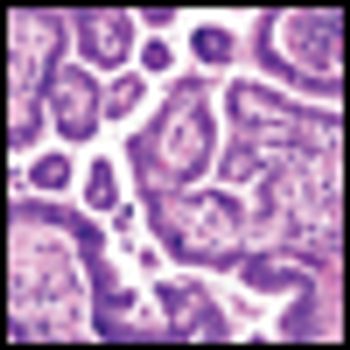
Interim results from an open-label, phase II trial evaluating sunitinib malate (Sutent) showed progression free survival of 9.9 weeks in non–small-cell lung cancer (NSCLC) patients with irradiated brain metastases, which occur in more than one-quarter of all NSCLC patients. These data were presented at the 13th Annual World Conference of Lung Cancer, held July 31–August 4, 2009, in San Francisco.
































